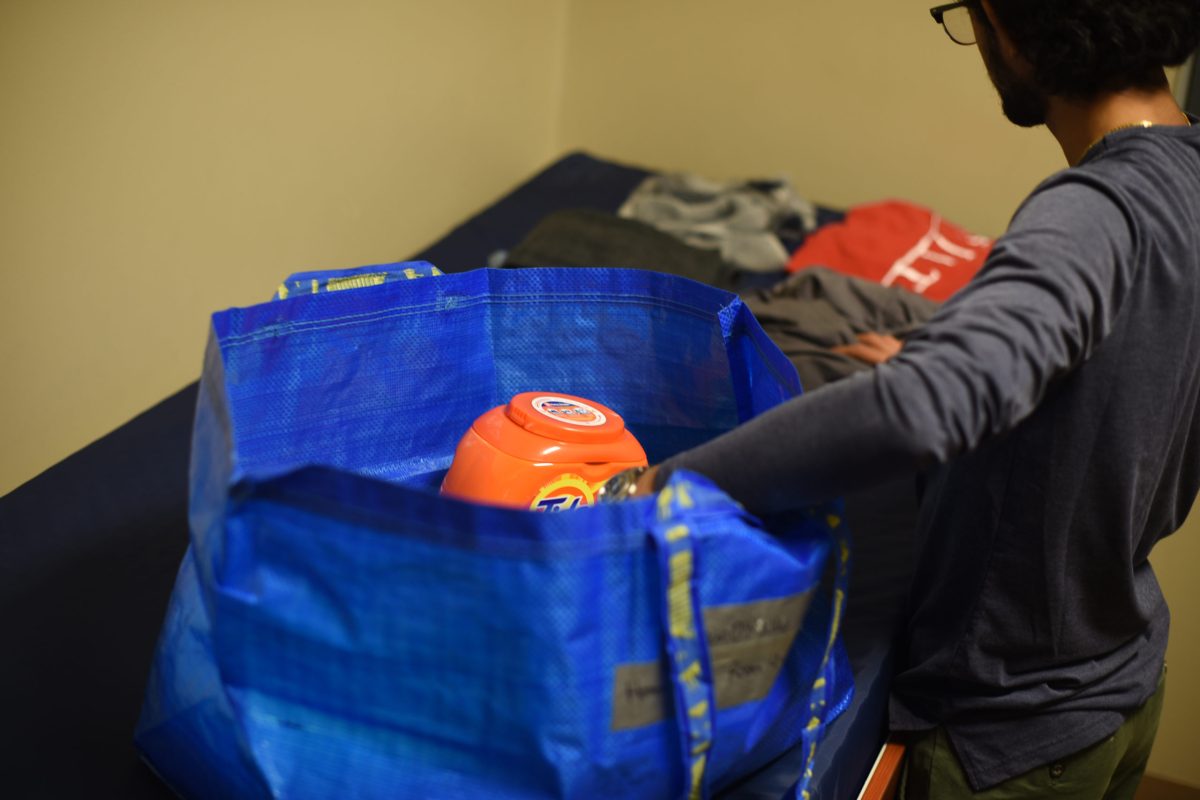It’s that time of the semester again when course evaluations are due. With emails and constant reminders, this is made out to be an essential time for students to give their feedback directly to the university, as opposed to doing so through RateMyProfessor or as a disgruntled post on the subreddit r/NJTech, but many students wonder whether their comments actually have an impact. With even the worst rated professors eager to get 100% completion on their NJIT evaluations, it can be hard to believe that there is much weight placed into student feedback.
Up until 2014, all in-person courses were evaluated on paper during class while online classes offered an online form that was maintained by the Office of Institutional Effectiveness. In 2014, NJIT moved to all online course evaluations using a third-party platform called Blue that is still used today. While there have been issues with this system, especially this year as the university transitions from Moodle to Canvas, it is secure and ensures the anonymity of student responses.
Each time you fill out an evaluation for a course, the response ultimately ends up at the Office of Institutional Effectiveness, which generates full reports and sends them out to deans, department chairs and the professors themselves. Director of the Office of Institutional Effectiveness Dr. Chuck Brooks explained that whenever a professor is up for promotion or tenure, their aggregate “overall teaching effectiveness” score is taken into consideration along with their research and service to the university. “A three is pretty average,” said Dr. Brooks. “Our top scorers are in the four range. When you get down to a two, something is really wrong.”
While for students it may be reassuring to know that the evaluations do in fact get used, not all faculty are as thrilled. In a presentation delivered to the Faculty Senate on Oct. 25, 2018, Assistant Professor of Humanities Megan O’Neill made a point that it may be improper or even illegal to use student evaluations of teaching when considering promotion and tenure. This led to a discussion in which numerous studies were cited regarding the influence of factors such as race, gender and the accent of the professor, which statistically skewed results in evaluations. From the minutes of that meeting, it was noted that “there need to be two discussions: (1) how evaluations are used for merit/promotion and (2) how we can effectively assess teaching”.
The idea that student evaluations would not be used in a meaningful way was troubling to members of the Student Senate. Justina Shafik, Student Senate Vice President of Administration, has indicated that work is actively being done to ensure that students are still heard. This includes successfully getting a student representative on the Faculty Senate ad hoc committee on teaching evaluations and working on proposals to change questions on the surveys.
Though the future of evaluations may be uncertain, evaluations are presently used and hold a significant impact on the promotion and tenure of professors, and the rehiring of adjuncts and lecturers. By no means should you stop using RateMyProfessor or voicing concerns on public forums, but also take the time to give the school your feedback directly on Canvas or Moodle.








































